Introduction
Chess, a game with a history spanning over a millennium, has witnessed numerous pivotal moments that have shaped its evolution and popularity. From legendary matches to the rise of world champions, these historic events provide a glimpse into the profound impact chess has had across generations.
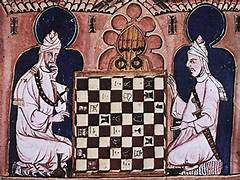
The Origins of Chess
The origins of chess can be traced back to the 6th century in India, where it was known as *Chaturanga*. This early form of chess spread to Persia and then to the Islamic world, eventually reaching Europe by the 9th century. The game underwent significant transformations during its journey, leading to the modern version we play today.
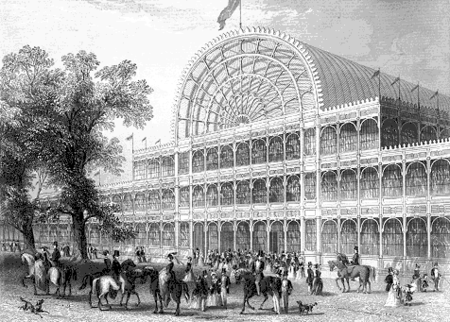
The First International Chess Tournament (1851)
One of the most significant events in chess history was the first international chess tournament held in London in 1851. Organized by Howard Staunton, a leading English chess player, this tournament brought together the best players from around the world. Adolf Anderssen emerged victorious, marking a significant milestone in the competitive chess arena.
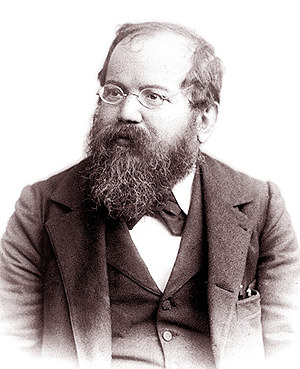
The Rise of Wilhelm Steinitz
Wilhelm Steinitz, often considered the father of modern chess, became the first official World Chess Champion in 1886 after defeating Johannes Zukertort. Steinitz's systematic approach and strategic innovations laid the foundation for modern positional play, influencing generations of chess players.

The Immortal Game (1851)
The "Immortal Game" played between Adolf Anderssen and Lionel Kieseritzky in 1851 is celebrated as one of the greatest chess games ever played. Anderssen's daring sacrifices of both rooks and his queen led to a spectacular checkmate, showcasing the beauty and creativity inherent in chess.
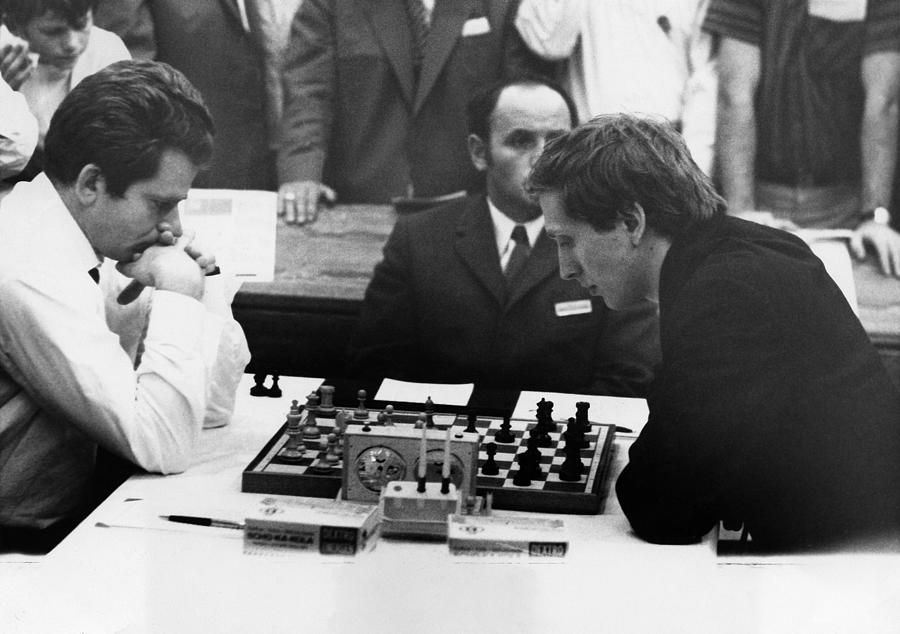
The Match of the Century (1972)
The 1972 World Chess Championship match between American Bobby Fischer and Soviet Boris Spassky is often referred to as the "Match of the Century." Held during the Cold War, Fischer's victory not only ended 24 years of Soviet dominance but also brought unprecedented global attention to chess, popularizing the game in the United States and beyond.
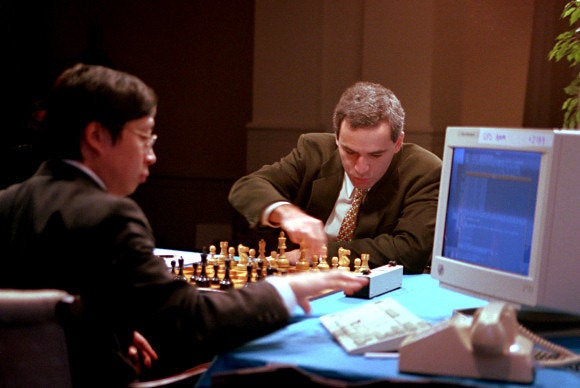
The Dawn of Computer Chess (1997)
In 1997, IBM's Deep Blue defeated reigning World Chess Champion Garry Kasparov in a highly publicized match. This landmark event demonstrated the potential of artificial intelligence and forever changed the landscape of competitive chess, leading to the rise of computer-assisted training and analysis.

The Rise of Magnus Carlsen
Magnus Carlsen, the current World Chess Champion, has dominated the chess world since winning the title in 2013. Known for his versatile and intuitive playing style, Carlsen has set numerous records and continues to inspire new generations of chess enthusiasts. blog
Chess in Popular Culture
Chess has made significant appearances in popular culture, from books like "The Queen's Gambit" to movies and television shows. These representations have played a crucial role in sparking public interest and appreciation for the game, highlighting its strategic depth and intellectual challenge.
 |
 |
The Growth of Online Chess
The advent of the internet has revolutionized chess, making it accessible to millions of players worldwide. Platforms like Chess.com and Lichess.org offer opportunities for players of all levels to play, learn, and improve their skills. The growth of online tournaments and streaming has also contributed to the game's popularity in the digital age.
Notable Chess Champions and Their Contributions
- Emanuel Lasker: Held the World Chess Championship title for 27 years, the longest reign in history. blog
- Mikhail Botvinnik: Known as the "Patriarch of Soviet Chess," he trained many future champions. blog
- Anatoly Karpov: Dominated the chess world during the 1970s and 1980s, known for his positional style.
- Garry Kasparov: Widely regarded as one of the greatest chess players of all time, he held the World Championship title from 1985 to 2000. blog
Conclusion
The history of chess is rich with memorable moments and legendary figures who have each contributed to the game's enduring appeal. From ancient origins to modern-day digital platforms, chess continues to captivate and challenge players around the world. By understanding and appreciating these historic moments, we gain deeper insight into the profound impact chess has had on culture and society.
---
The historical journey of chess is a testament to its strategic depth, intellectual challenge, and universal appeal. As the game continues to evolve, these historic moments remind us of the timeless nature of chess and its ability to inspire and connect people across generations and cultures.